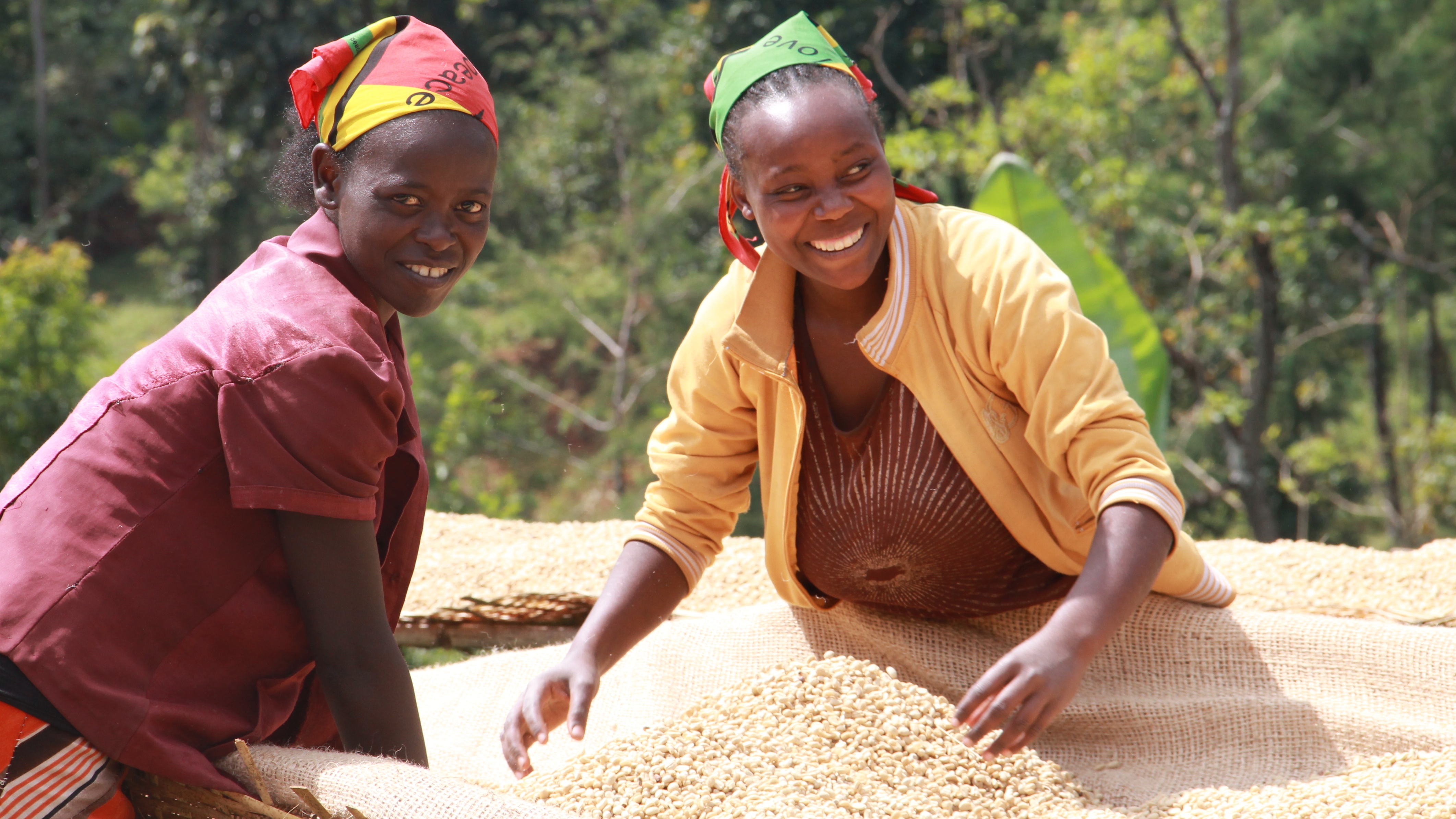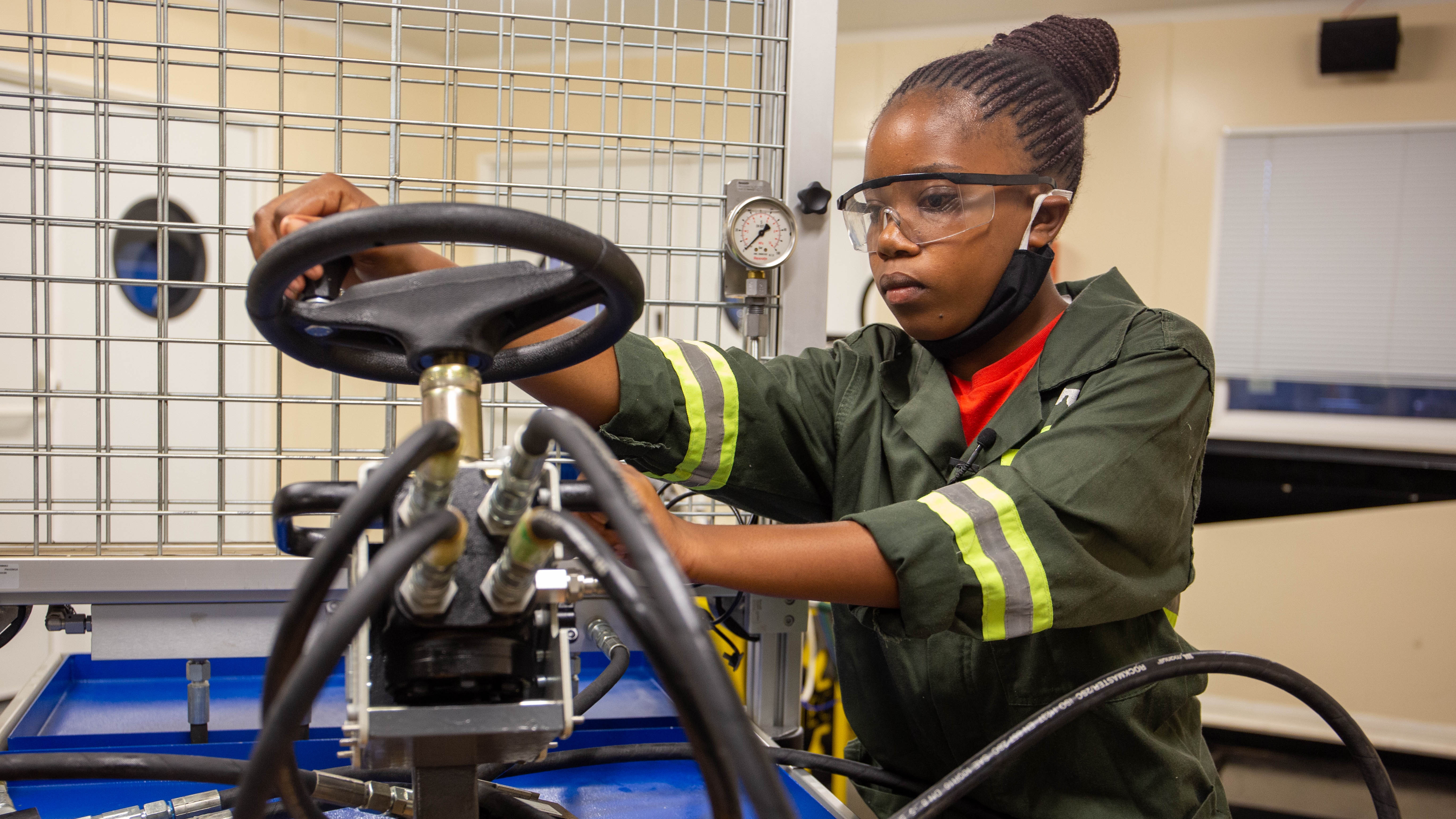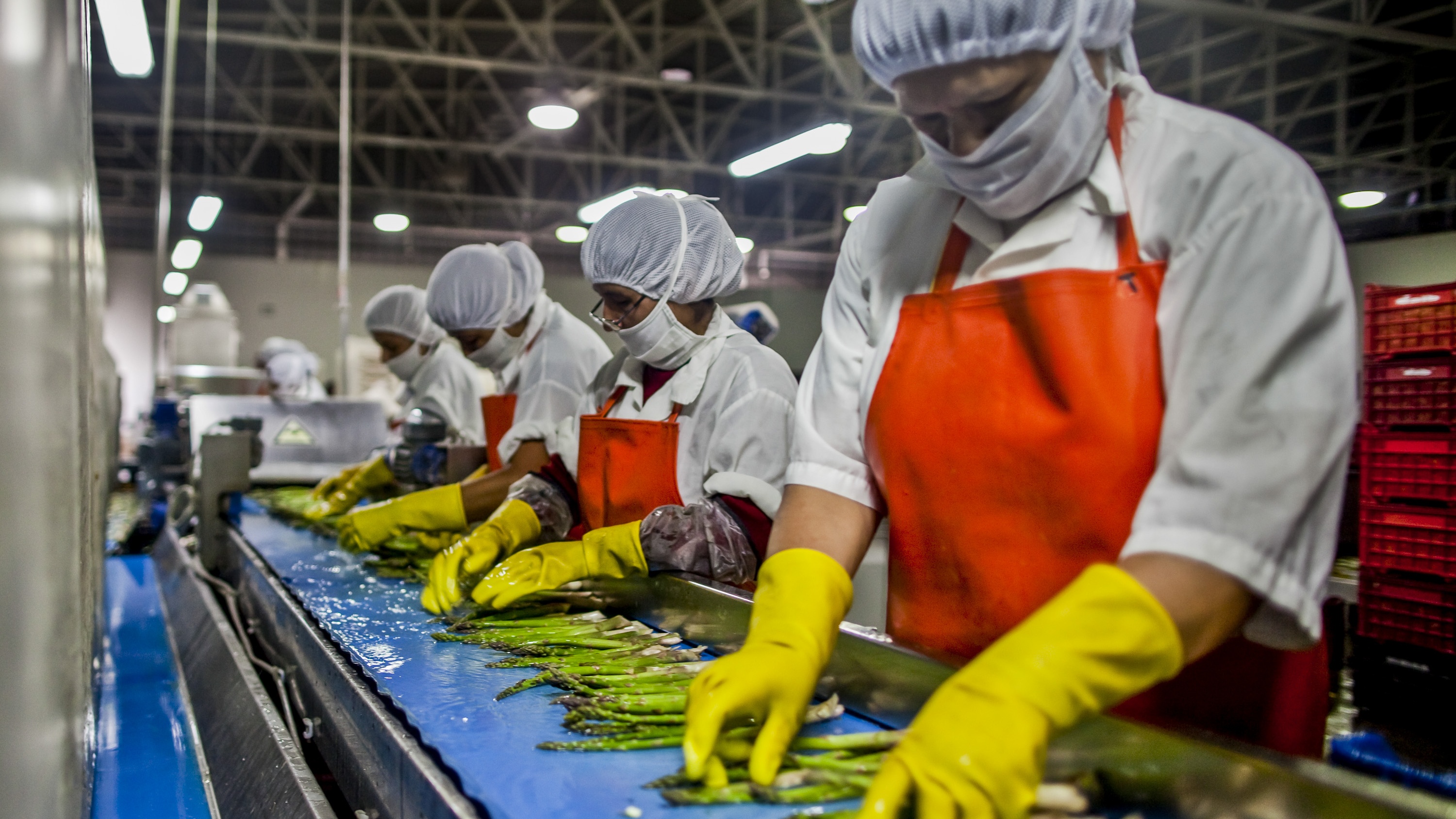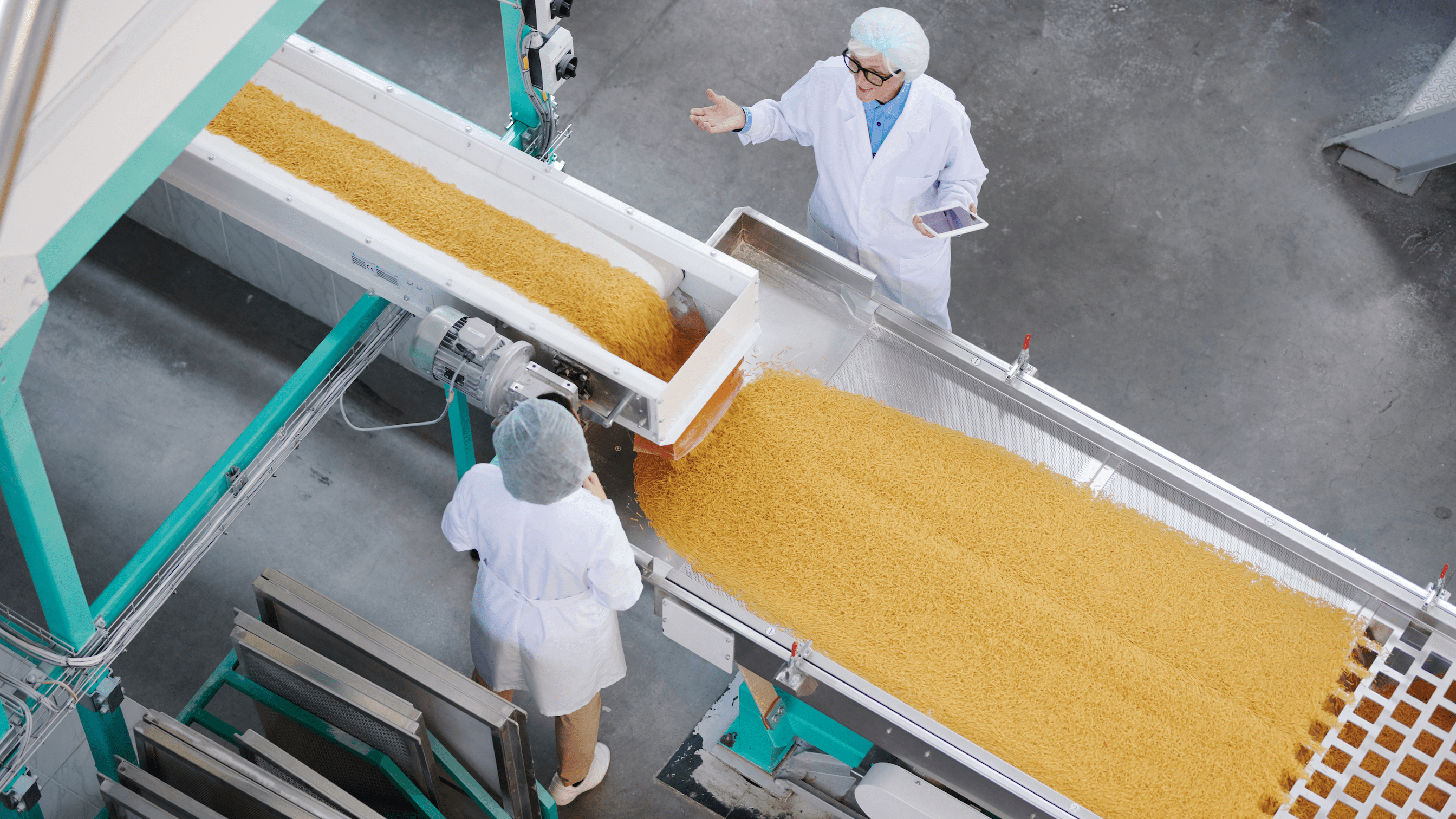About
The agricultural and agribusiness sectors present exceptional opportunities for eradicating poverty and hunger, as well as for mitigating and adapting to climate change in developing countries. In this context, UNIDO promotes sustainable and inclusive business opportunities through agribusiness and value chain development, to create shared prosperity and advance economic competitiveness.
Through a range of technical cooperation services targeted at food and non-food sectors, the Department of Agribusiness assists developing countries to add value to their agricultural output and generate off-farm employment opportunities in rural communities, thereby contributing to rural economic development and structural transformation. The Department fosters innovative approaches to building human capital and raising productivity, in particular through vocational and entrepreneurship training and industrial skills development in partnership with the private sector. Collaborating with International Financial Institutions, private sector, and other UN agencies, the department also supports rural industrial infrastructure for the development of agribusiness corridors that promote private sector investment in agriculture and agribusiness. The activities contribute to food security, poverty reduction, youth employment, women’s economic empowerment, addressing the root causes of migration at the origin, which drive growth in productivity and employment, and create the prosperity in rural communities.
In particular, the Department of Agribusiness delivers the impact through the three divisions below: the Agro-Industries and Industrial Skills Development Division; the Rural Entrepreneurship, Job Creation and Human Security Division; and the Sustainable Food Systems Division.
Agro-Industries and Industrial Skills Development
Agro-Industries and Skills Development Division provides a range of specialized services and knowhow to address the specific needs of Member States in the industrial processing of non-food agricultural produce and industrial skills development to provide their populations with sustainable livelihoods. The Division’s technical areas comprises interventions in non-food agro value-chains, strategic partnerships, circular agribusiness and bio-economy. Its programmes have proven records of accomplishment in strengthening centers of excellence, promoting the development of demand-oriented skills education, supporting creative industries by leveraging on local culture and heritage as well as building new and sustainable business models based on nature-based solutions. By strengthening inclusive and sustainable industrial development, the division contributes to the achievement of the Sustainable Development Goals and targets the reduction of inequalities, poverty alleviation, and the generation of decent work for all.


Rural Entrepreneurship, Job Creation and Human Security
The Rural Entrepreneurship, Job Creation and Human Security Division provides technical cooperation services to improve livelihoods in rural communities through productive activities. The focus is on business activities among socially and economically marginalized people, including in particular women and youth, in the farm and non-farm sectors. Both entrepreneurial and technical human skills and capacities are strengthened and matched with opportunities for producing new and improved marketable products. Knowledge and technology introduced in the rural communities match the absorptive and innovative capabilities of the poor and vulnerable segments of rural society.


Sustainable Food Systems
The Sustainable Food Systems Division promotes ISID through the promotion of food systems that deliver food and nutrition security without compromising economic, social, and environmental bases to generate food security and nutrition for future generations. The Division is responsible for identifying, developing and managing programmes to improve the competitiveness of the food and agribusiness sectors through access to support services, finance, markets and trade opportunities. The objective of the Division is to contribute to poverty eradication, increased food security, safety and nutrition, by creating added value to agricultural products, applying more sustainable use of resources and generating employment and income opportunities in off-farm productive activities.


-
Department of Agribusiness Brochure
-
Agro Parks Factsheet
-
Bio Economy Factsheet
-
Centres of Excellence Factsheet
-
Creative Industries Factsheet
-
Entrepreneurship Factsheet
-
Food Safety Factsheet
-
LKDF Factsheet
-
Skills Factsheet
-
Smart Agribusiness Factsheet
-
Sustainable Value Chains Factsheet
-
Textile Factsheet
-
Women and Youth Factsheet